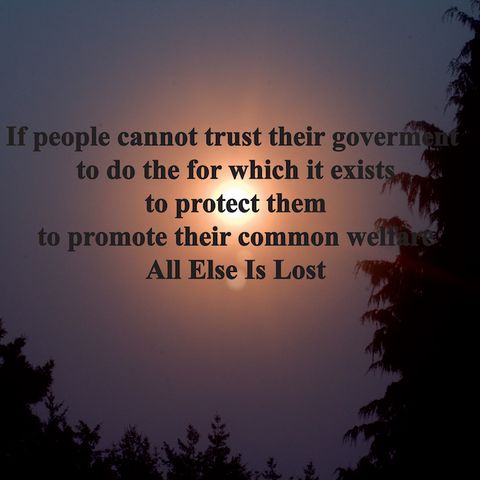WHO Update on Global Health June 2 2023

Download and listen anywhere
Download your favorite episodes and enjoy them, wherever you are! Sign up or log in now to access offline listening.
WHO Update on Global Health June 2 2023
This is an automatically generated transcript. Please note that complete accuracy is not guaranteed.
Description
Over the past two weeks, health leaders from around the world gathered in Geneva for the annual World Health Assembly. There were many significant resolutions and decisions taken on the...
show moreThere were many significant resolutions and decisions taken on the vast array of issues on which WHO works.
This includes behavioural sciences; best buys for noncommunicable diseases; diagnostics; disabilities; drowning prevention; emergency, critical and operative care; food micronutrients; indigenous health; infection prevention and control; maternal and child health; medical oxygen; primary health care; refugee and migrant health; rehabilitation; traditional medicine, WHO’s work on emergencies; and much more.
The approval of the budget for 2024-25, including the 20% increase in assessed contributions, and support for an investment round, are landmark agreements in our shared efforts towards a stronger, more effective and empowered WHO.
And the year ahead offers several opportunities to make further progress.
In particular, the high-level meetings in September on universal health coverage, tuberculosis and pandemic preparedness and response at the UN General Assembly are major opportunities to catalyze political commitment.
Likewise, the continuing negotiations on the pandemic accord and amendments to the International Health Regulations are an unprecedented opportunity for us all to learn from the successes and failures of the response to the COVID-19 pandemic.
There are several key points worth repeating to avoid misconceptions.
First, this accord is a generational opportunity that we must seize. We are the generation that lived through the COVID-19 pandemic, so we must be the generation that learns the lessons it taught us, and makes the changes to keep future generations safer.
Second, the two processes are negotiated by Member States for Member States, and will – if enacted – be implemented in Member States in accordance with their own laws.
Third, all Member States will retain their own sovereignty to set their own domestic health policies.
The idea that this accord or the amended International Health Regulations will cede sovereignty to WHO is simply bogus. WHO will not gain any power to override domestic policy decisions. Nor would we want to.
I know the journalists listening to this briefing are largely health and science journalists who have a deeper understanding of health and understand how an accord can help bolster our collective pandemic defences.
So, I ask you to keep following the facts about these two processes, to dispel myths and to inform your colleagues on the news and editorial desks so there is accurate reporting.
These processes represent a serious commitment from all 194 WHO Member States towards their populations, and we cannot let mis- and disinformation jeopardize them.
===
Information
| Author | Michael Clogs |
| Organization | Depictions Media |
| Website | - |
| Tags |
Copyright 2024 - Spreaker Inc. an iHeartMedia Company
